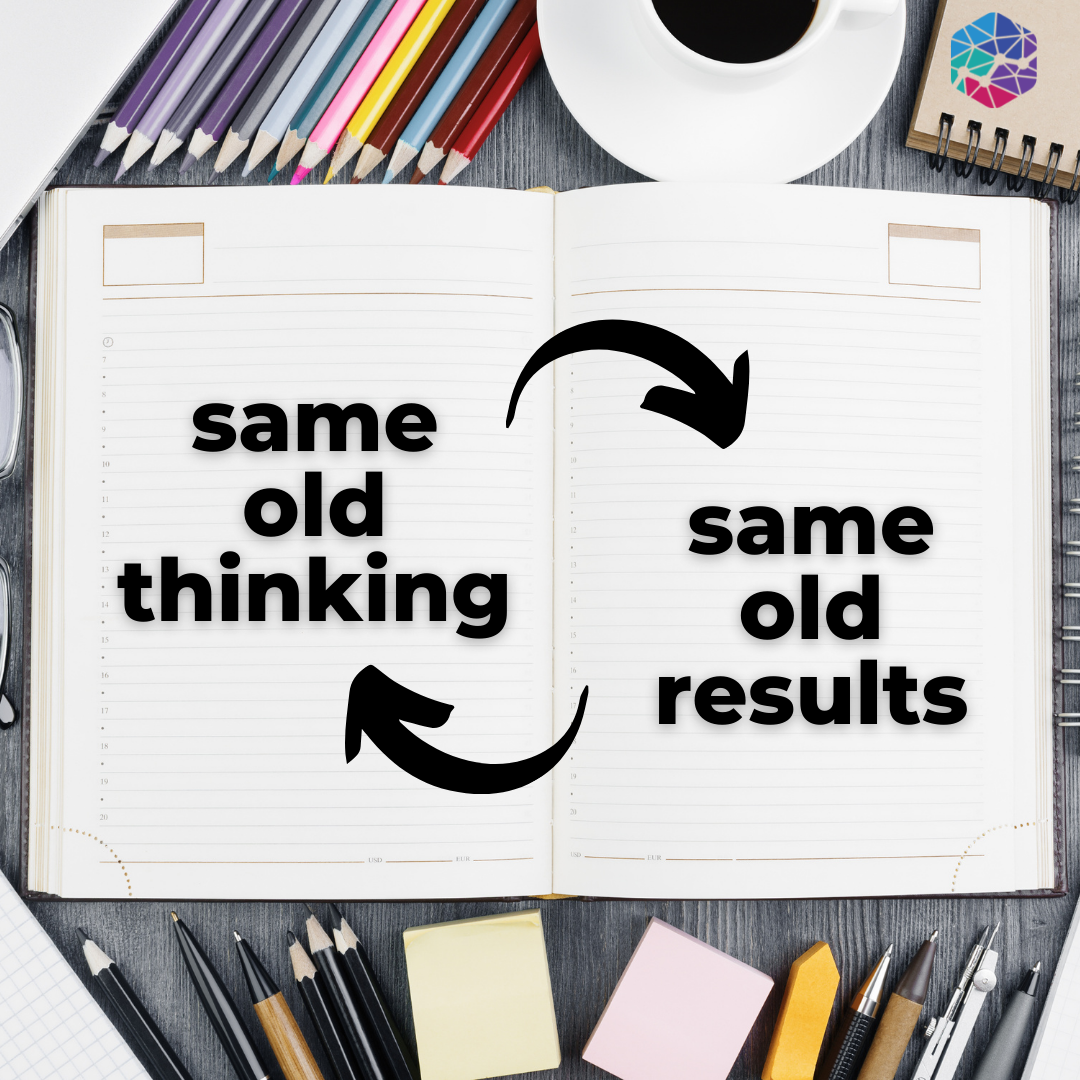Four Reasons You Should Make Business Decisions Based on Data
Data isn’t as intimidating as you might think. Nor is it boring or reserved for the beautiful ‘nerds’ among us. Data is insightful, helpful and with the right tools, easy to read.
Truth is, you don’t have to be Sheldon Cooper to understand data.
The beauty of technology and software systems integrating into our business is that they inherently collect data for us. We can analyse the open rate of emails, which social media post performed well, who is visiting our website and which product is the best seller. We can look at highest performing months, compare different financial periods throughout the year and use it to predict what the future may hold.

What many don’t realise is that this only paints half the picture.
We are constantly surrounded by data that is generated from the daily activities we, our team and our clients engage in, and yet too often it is left unnoticed and unutilised, leaving business owners without vital information.
As we continue to rebuild our lives and businesses in a world that must adapt to the new rules COVID has imposed on us, it has never been more important to gain a proper understanding of what is really happening inside our businesses to make the right decisions and help in securing positive outcomes.
So, why should we be making business decision based on data?
Data from financial reports don’t always paint the true picture of what is occurring at the ‘front lines’ of your business.
Observational studies collect data on what team members encounter every day and can highlight the true areas needing more attention for improvement.
Your team are your most valuable asset and understanding how their day unfolds will provide you with untold insights about real life in your business. Do they have the right tools? Is balance of role types correct? Do they have the right or enough support? What processes are hindering the successful execution of their tasks?

Collecting data on how their time is spent every day, the number of times they must engage in an activity and how the tasks they are actually performing live up to to the expectations of their role provides an in depth understanding and allows you to make informed decisions that will have a meaningful impact for your business and team.
No matter how hard we try, some processes we put in place may not translate into a productive spend of time.
Inefficiencies will often not appear in system generated reporting, but can look like:
“I have to log into four different platforms just
to get to be able to generate a report”
“The printer is on the other side of the office (50m away)
that I have to walk back and forth to every time I print”
“The computer system is so old it takes a long time
to complete even simple tasks”

“I always have to go searching for the person who holds the keys to the secure filing system”
“The mobile workstation only lasts for about half an hour, so I just do it manually and have to enter it all into the system later”
“I have to spend so much time in meetings, I can’t finish all my tasks for the day”
The more time your team must spend on “work arounds” to get their tasks complete or spend on inefficient activities, is less time they can be spending on productive work, client engagement and potential growth for the business.
Collecting data to highlight these inefficiencies can uncover the time and labour cost wasted, how that compares to the cost of implementing change and what the business may be missing out on when it comes to revenue generating opportunities.
You may have already noticed the recurring theme of this piece is based on interaction with your team. It warrants repeating – they are your most valuable asset.
Your team live and breathe your business every day and know what’s working and what hinders their day.
When we think about how, on average, a third of our lives is spent at work, we want to make sure our teams are well equipped to achieve their goals and most importantly enjoy doing so.

The cost of staff turnover or the impact an unhappy interaction with clients (or potential clients) can have on a business is significant.
When you engage your team in conversation and invite them to participate in data generating / collecting activities to highlight areas for improvement, you give them an opportunity to be heard and have direct input in how their day unfolds. Their knowledge is second to none, and when the fate of your business heavily relies on an engaged, productive and satisfied workforce, enlisting their help becomes a no brainer.
Times, they certainly are a-changin’.
Over time, software will become outdated and be replaced by new advancements, automations and AI will leave old manual processes to become irrelevant and the changing needs of clients will prompt you to adapt the services and products on offer.
The skill set of your team will change to accommodate, as will your overall business goals while you continue to grow and with all that change surrounding you, why wouldn’t you also change your internal processes?

The skill set of your team will change to accommodate, as will your overall business goals while you continue to grow and with all that change surrounding you, why wouldn’t you also change your internal processes?
Taking the time to understand whether current processes, KPIs and other metrics are still relevant can have a significant impact on your overall business. Progress, growth, efficiency and job satisfaction all play a part in a successful business and what may have worked yesterday, may not be the right fit for tomorrow.
These aspects are not ‘set and forget’ items and should not be treated as such – especially in an environment that is constantly evolving.
Change will continue to occur over time and it’s in the best interest of your business to make sure you keep up.
Using data will go a long way in measuring their value, relevancy and impact on your business and provide insight into what areas may need to change for the benefit of your business.

Business can be a beast, full of unexpected twists and turns and lessons along the way. What can be relied upon though is the data your business generates every day holds the key for you to make informed decisions and secure the best opportunity for you and your team to achieve better business outcomes.





